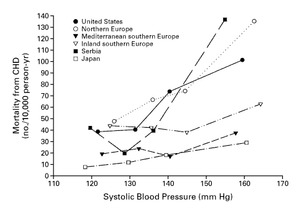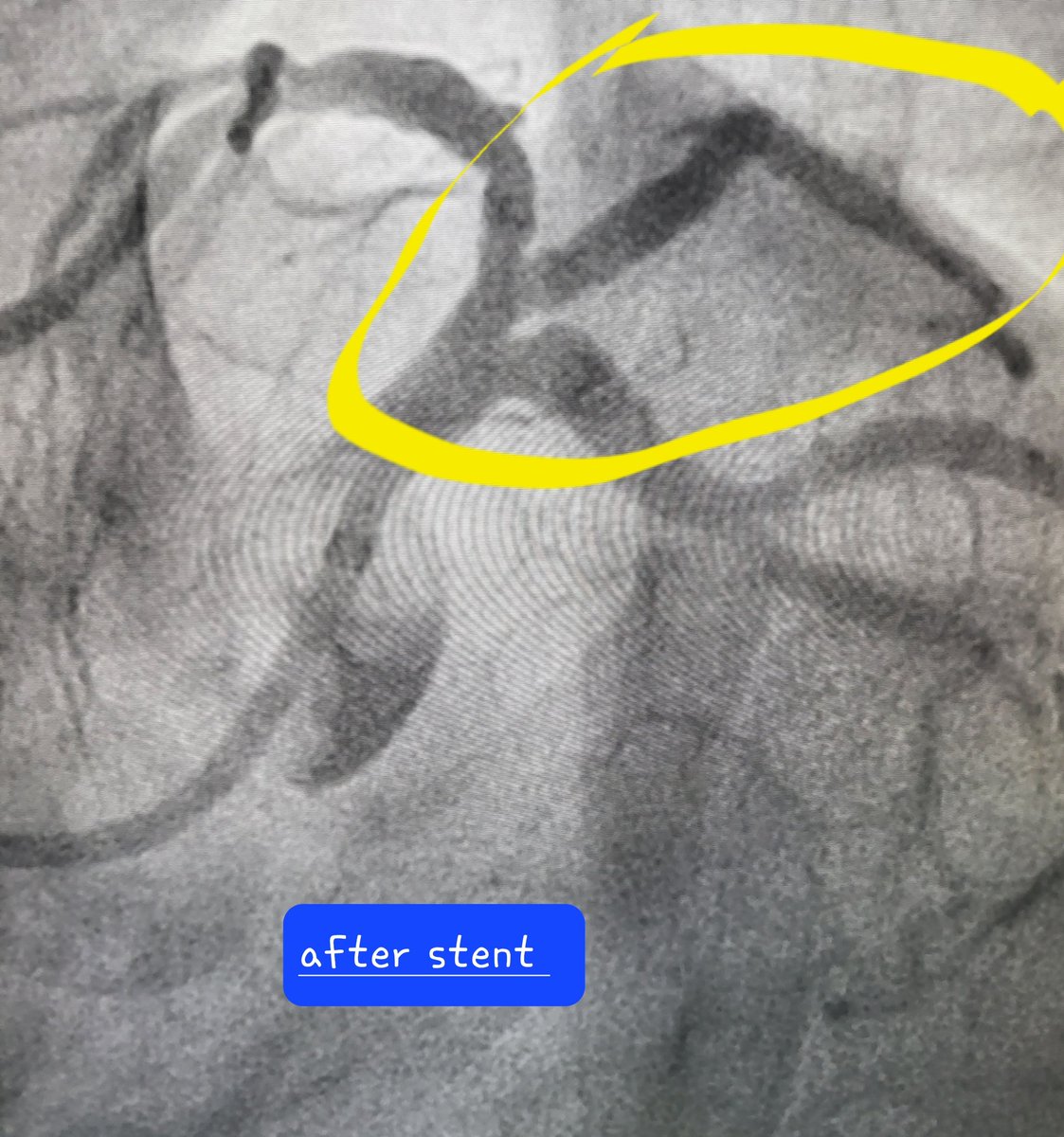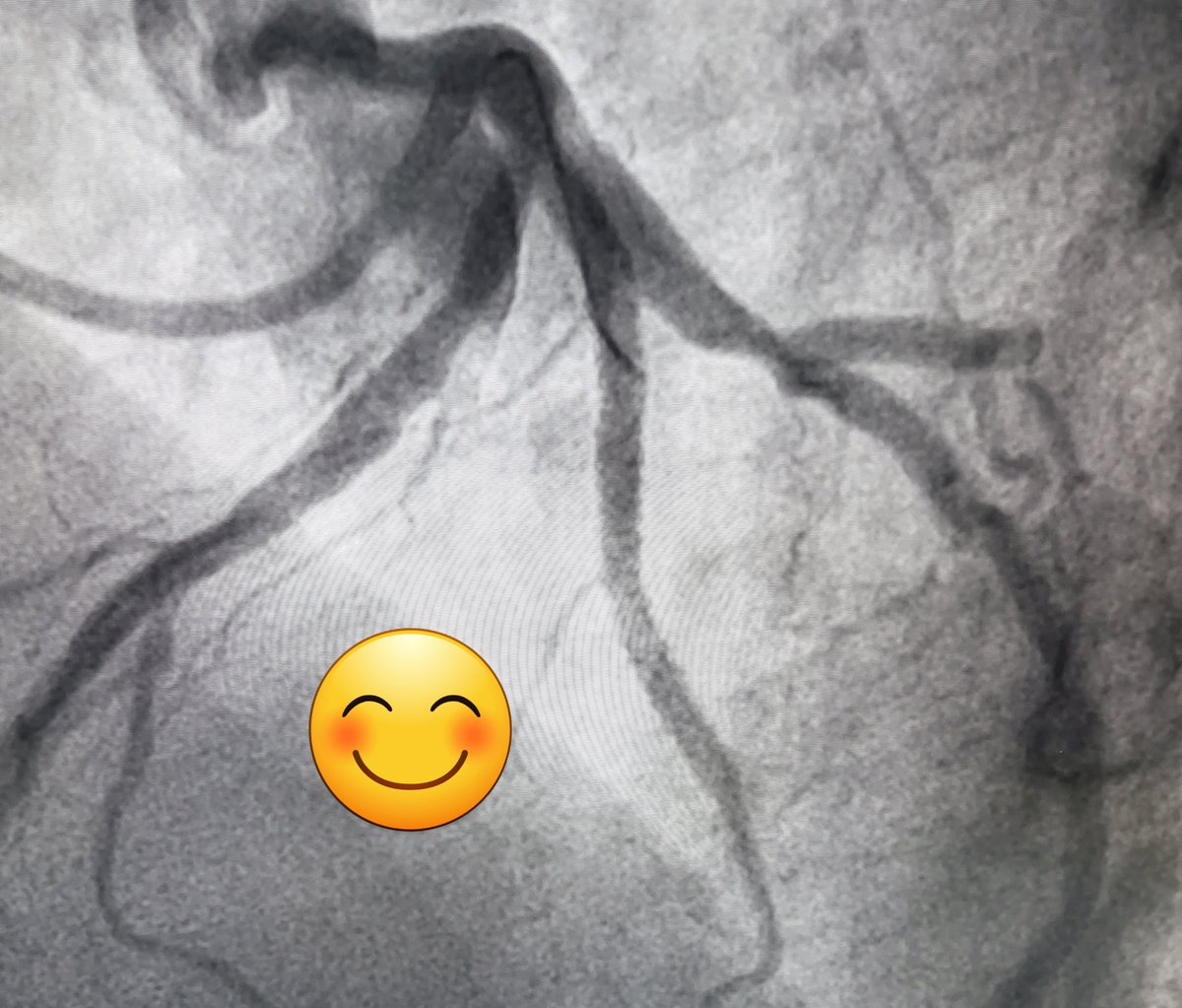
A survivor of #cardiacarrest. 61y old guy. Post angioplasty and stenting, May, 2022. He said..
"I want to make sure I don't get into trouble again Dr! I've seen how much stress you and your team were under when I was on Cath lab table to save my life" #MedTwitter #HeartAttack
"I want to make sure I don't get into trouble again Dr! I've seen how much stress you and your team were under when I was on Cath lab table to save my life" #MedTwitter #HeartAttack

When a patient comes in with heart attack and cardiac arrest or cardiogenic shock, the entire cardiac team is put into test. Reviving the patient, talking and explaining to relatives, quickly shifting to cath lab, doing an emergency angiogram and angioplasty. Making sure the… twitter.com/i/web/status/1…
Despite all valiant efforts, both cardiac arrest and cardiogenic shock have poor survival. Out of hospital cardiac arrests have the worst outcome. Hence the need to learn #CPR with which atleast some people can be saved.
• • •
Missing some Tweet in this thread? You can try to
force a refresh
 Read on Twitter
Read on Twitter





















